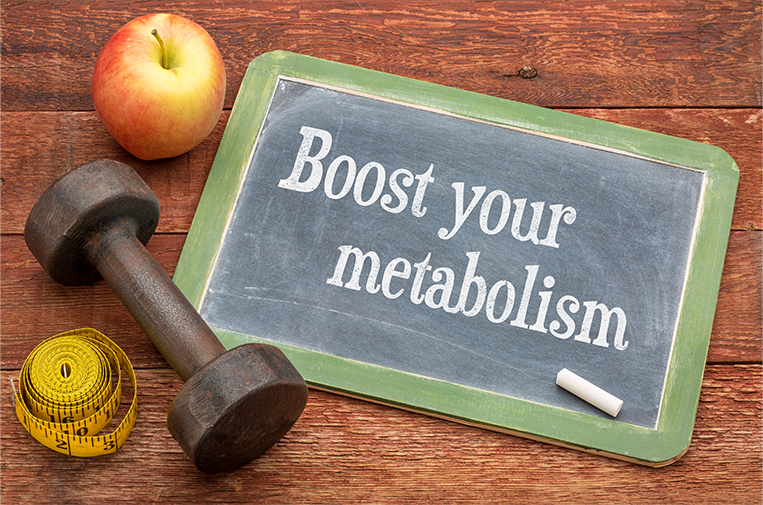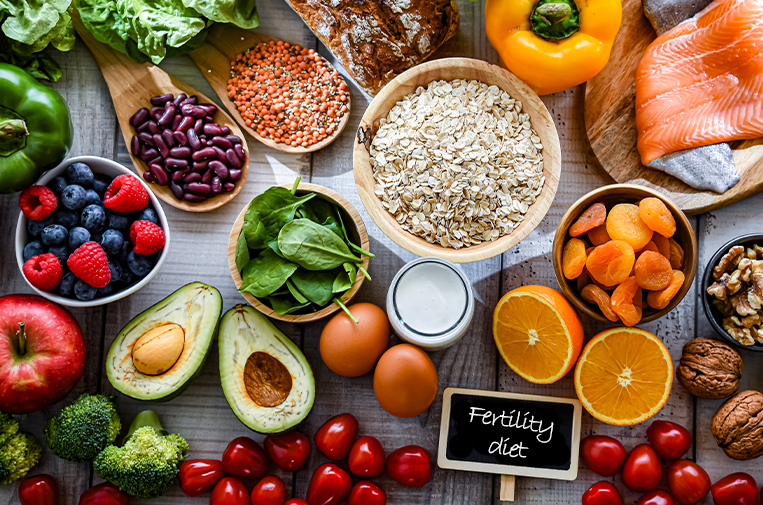Iron deficiency is one of the most common nutrient deficiencies worldwide. Iron deficiency is common in women of childbearing age (9-16%). Iron deficiency often leads to anemia-low red blood count.
Factors that may contribute to iron deficiency include:
- Inadequate iron intake
- Poor iron absorption from the GI tract
- Excessive or chronic blood loss
- Kidney failure
- Vitamin A deficiency
- If you are a vegetarian or vegan
Iron supplementation is utilized when diet alone cannot restore the iron levels to normal. Typically supplementation is continued for 2-6 months to help restore the bodies iron stores.
There are 2 dietary forms iron: heme and nonheme. Heme iron is found in animal products that contain hemoglobin. Nonheme iron is found in many plants and legumes (lentils, beans). There are now many food products supplemented with iron including breakfast cereals.
If you have been advised by your physician to take an iron supplement, here are some helpful tips.
Tips for patients taking iron supplementation:
- Start with half of the prescribed dose and gradually increase.
- Take in divided doses of 50-60 mg elemental iron twice daily.
- Iron is absorbed the best when taken on an empty stomach.
- Patients who suffer from abdominal cramping, nausea, and diarrhea while taking iron and may benefit by taking their iron with a small amount of food.
- Some patients may be advised to take iron with meals if they suffer from abdominal cramping.
- Take your iron pills with vitamin C or drink orange juice. Vitamin C increases the absorption of iron.
- Liquid forms of iron may stain the teeth. Mix the liquid iron into water or a fruit juice and drink the solution with a straw.
- Tannins (found in tea), soy proteins and phylates (found in whole grains and legumes) can decrease the absorption of iron.
- Caffeine blocks iron absorption.
- Avoid eating high fiber foods, such as whole grains, raw vegetables, and bran around the time of taking your iron supplement.
- Milk, calcium and antacids should not be taken at the same time as iron supplements. You should wait at least 2 hours after ingesting these before taking an iron supplements.
- Iron may cause constipation. You may need to take a stool softener such as docusate sodium. There are a number of products are with this ingredient. Discuss with your physician or pharmacist.
- Be aware that iron supplements will cause your stool to become dark in color.






